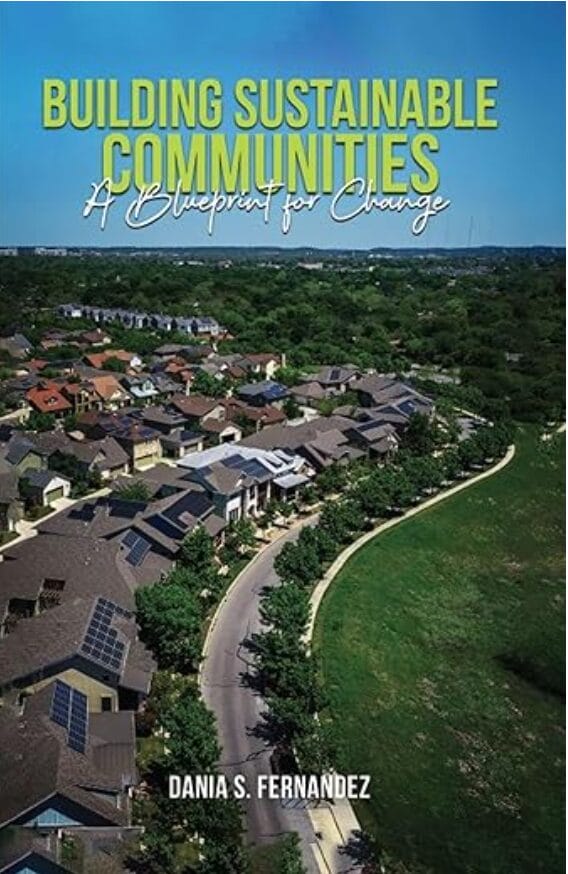
Disagreements happen. Members can have disputes with the association, neighbors can have issues with other neighbors. It can feel like a tug-o-war with neither side wanting to give. It’s normal and it’s partially to be expected that at some point your community will have to address legal disputes.
While we don’t want this for anyone, it’s the nature of humans and the organizations that we create to have differences from time to time. When these differences turn into legal disputes, they must be addressed and resolved in a fair procedure that is in accordance with the law.
Here are 4 steps that you can take to address legal disputes within your HOA or condo association.
- Internal Dispute Resolution (IDR)
Before a dispute becomes a legal matter, it’s in all parties best interest to go through a method call Internal Dispute Resolution (IDR). In this process a “fair, reasonable and expeditious procedure” must take place under the Davis-Stirling Act. The purpose of this procedure is to try and address the issue outside of the court without fees or other costs to the member.
If the IDR does not work, we move on to a progressive three-step process called Alternative Dispute Resolution (ADR), which involves negotiation, then mediation, and finally, arbitration if the matter is not resolved in earlier steps.
- Mediation
Mediation is the first and least invasive step of dispute resolution. It is the process where a neutral third party attempts to reconcile the situation and bring both parties to an acceptable resolution. It is ideal for both parties to settle the dispute through mediation before the situation escalates. Mediation is the most economical, effective and diplomatic way to settle a dispute.
- Arbitration
If mediation doesn’t work or it is not an option, then the next step is arbitration, in which an arbitrator steps in to make a verdict on the dispute. This involves a formal procedure but it is still outside of the court, which means that in most cases a public record will not have to be recorded. Arbitration will follow certain Florida statute guidelines as well as adhering to your association’s CC&Rs. While typically more costly and time-consuming than mediation, arbitration is a more desired resolution method than litigation.
- Litigation
If neither party had previously contacted a community law attorney, it is at this point when you or your association must find a suitable lawyer because the courts will be involved. Litigation is the final step in resolving disputes but before going to trial most cases must go through a form of mediation, which can result in the case settlement before the completion of a trial.
While disputes may not always be pretty or pleasant, we want you to know that Dania Fernandez and Associates are here help. We have your back and will always seek to resolve disputes in the most effective, fair and noninvasive way possible.


Just moved in and had a shed . We received no HOA documents before moving. Apparently our HOA is a no shed HoA. The woman I spoke with said I could bring the issue to the HOA but there have been no meetings posted. I am unsure how to proceed. Today I received a letter giving us 30 days to remove the shed.
My neighbor had her Unit completely flooded due to her upstairs neighbor’s rupture of hot her heater.
It took 2 days to get the upstairs owner to attend the problem.
Floor damage, electrical damage, roof subflooring, all gypson boarding, etc… Naturally, there is now Mold.
Her belongings had to go in storage (provider: ServePro), she has had to leave the dwelling and is in a temporary rental.
ServePro is threatening to put a lien on her property if she does not pay 20K.
Condominium is reneging to do any repairs to what seems to be their responsibility.
Administrators & Board of Directors claim insolvency.
Offending Neighbor has not addressed the Victim nor provided her with Insurance info.
What should she do under these circumstances, which I’ve listed? This is not a comprehensive detail, just what I can recall.